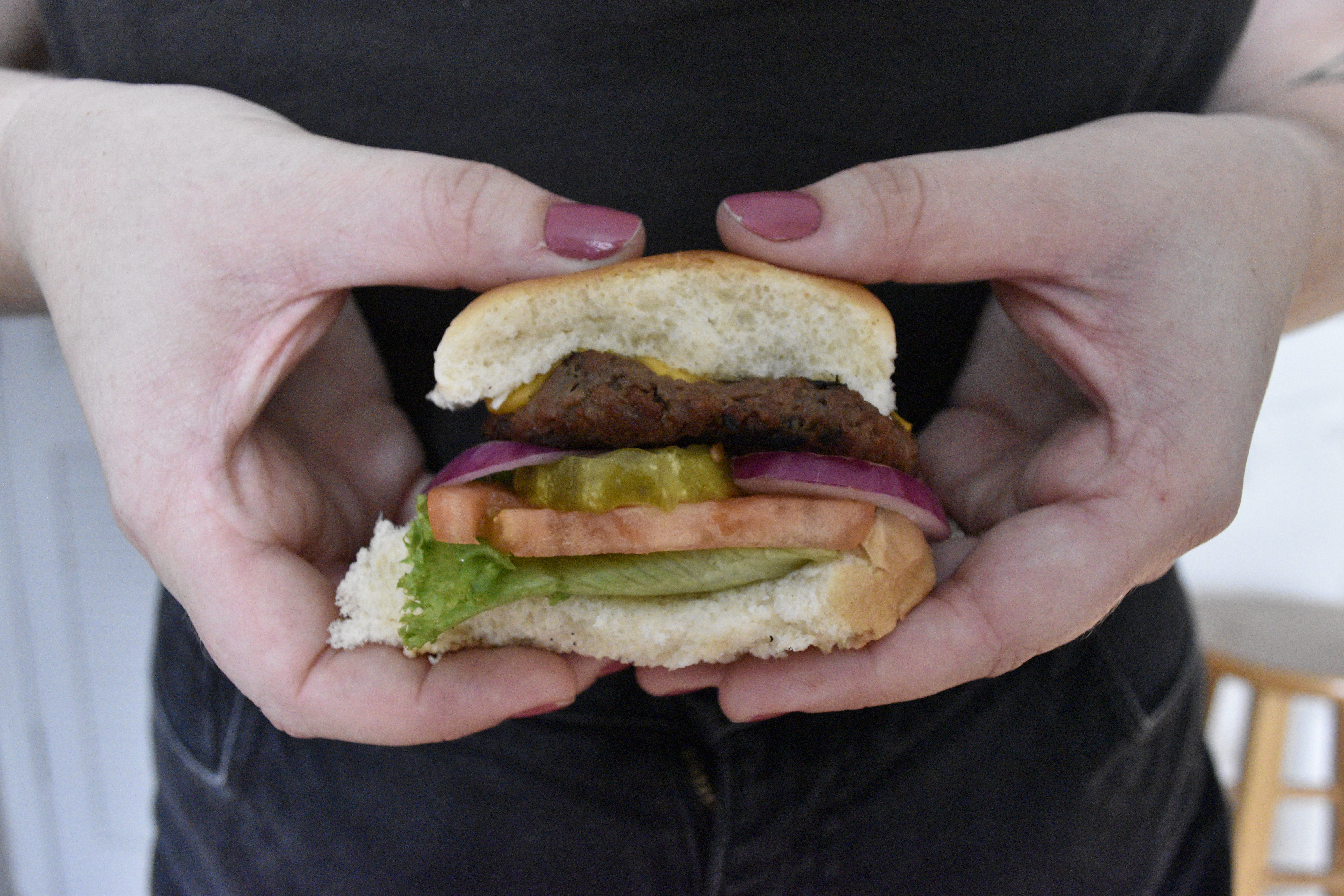Of the issues facing humanity today, the climate crisis is the most threatening. If we do not make serious changes, we could speed up climate change and not give ourselves enough time to adapt. Scientists have been saying for a long time that we need to make a change to what we are consuming.
According to a 2013 article published by the American Association for the Advancement of Science, meat and dairy made up only 18 percent of the calories consumed and 37 percent of protein consumed but took up 87 percent of farmland, including land used to grow their feed. These numbers were already unsustainable in 2013 and they have since continued to grow.
Currently, there are hundreds of fires in the Amazon rainforest, which have been connected to expanding the area for cattle grazing, according to Business Insider. Brazil is the largest producer of beef in the world and about 50 percent of the cattle raised for slaughter were kept on land that was previously rainforest.
Water consumption has been heavily impacted by the meat industry. According to a 2010 study by the Water Footprint Network, vegetables took 322 liters of water per kilogram while fruits used 962 liters. Animals consumed significantly more, with chickens using 4,325 liters per kg and beef at 15,415 liters per kg. These numbers include the water consumed by the animals themselves and the crops produced to feed them.
If we are encouraged so heavily to reduce the amount of water used when we do the dishes, wash our laundry, or brush our teeth, why are these same issues not emphasized when it comes to the meat industry?
Many studies have suggested that the only way to change these numbers is by encouraging the entire population to go meatless—this is impractical. A lot of Western society is tied up in food and often times this food heavily features meat. We cannot ask the whole world to change the way that they eat overnight. Instead, campaigns should focus on simply lessening meat consumption.
Sujatha Bergen, the health campaigns director for the Natural Resources Defense Council, told the Huffington Post, “If the average American cut just a quarter pound of beef a week from their diet, about one hamburger, it would be the equivalent of taking 10 million cars off the road for a year.”
One hamburger a week is all it would take from everyone and we could cut down on emissions and pollution in a way never before seen.
Luckily, the idea of reducing meat consumption is becoming much more normalized. According to the Huffington Post, most surveys show that between 30 and 50 percent of people are interested in reducing the amount of meat they are eating. This interest is fueling a new category of food within the American industry.
This summer, Burger King released the Impossible Whopper, made with all plant products. According to Business Insider, the release of the meatless burger has already increased sales and is projected to increase store sales by at least 6 percent.
The debut of the Impossible Whopper also prompted Taco Bell, a chain already known in the vegetarian community for being easy to eat at, to create an official vegetarian menu. This menu features meat-free versions of favorites like the Quesarito and the Crunch Wrap. McDonalds is also getting in on the action and is testing Beyond Meat burgers at almost 30 locations in Canada.
These changes to menus from businesses so well-known for their production of meat products indicate a bigger change in the market. As this change happens, it is exciting to see the number of people becoming more aware of the impact that their food choices have on the climate.
Take the steps now to change your own food habits. Take advantage of the Impossible Sliders now available at The Grill at Markley’s. We must take action, even through small steps like changing the burger we order, in order for larger impacts to be felt. Let CEOs know that you are interested in saving the world and they will respond by giving you more options to do so.
Photo: Sam Ross/ The Johnsonian




